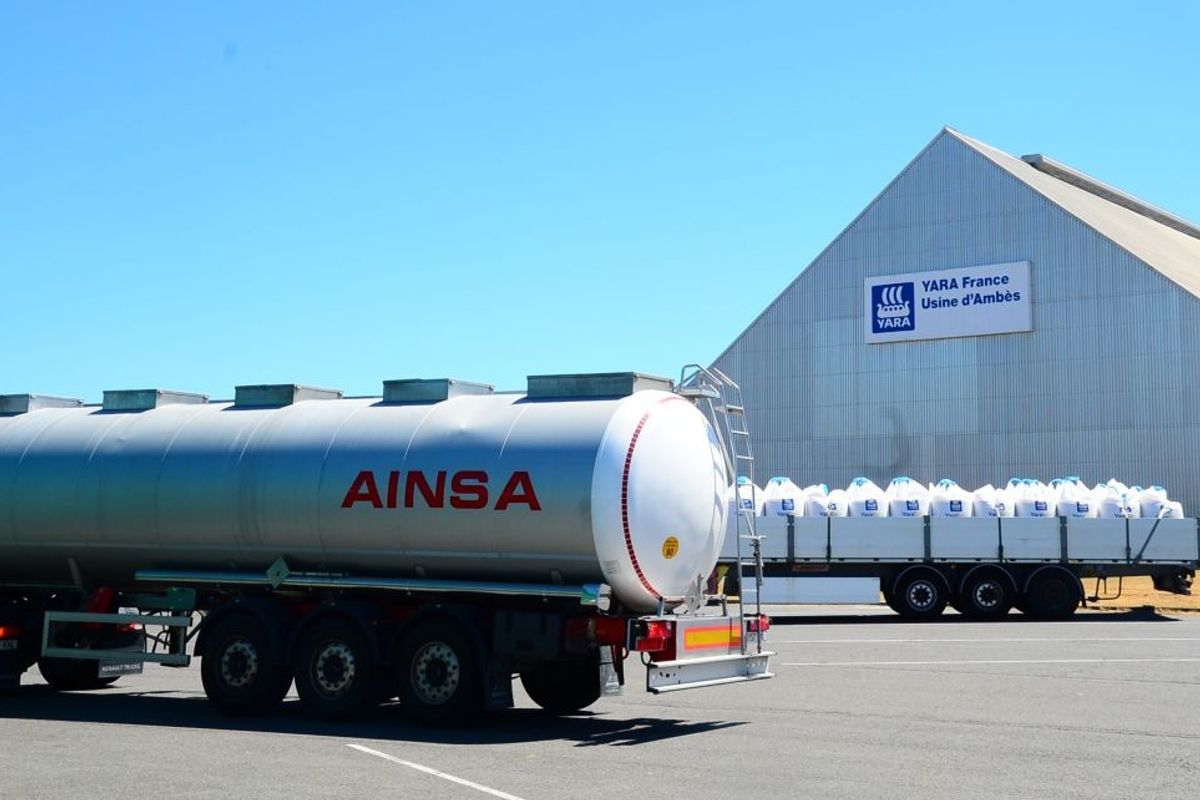Britain's meat industry on Friday warned that an impending shortage of carbon dioxide (CO2) could cause massive disruption to food supplies within two weeks.
The gas is used to stun animals before slaughter, in the vacuum packing of food products to extend their shelf life, and to put the fizz into beer, cider and soft drinks.
It is also required for some medical procedures and used in the nuclear and semi-conductor industries.
The food supply chain, already creaking from an acute shortage of heavy goods vehicles (HGV) drivers and the impact of Brexit and Covid-19, is heavily reliant on fertiliser producers for CO2 which is a by-product of their production process.
However, two of the largest fertiliser producers, Norway's Yara and rival CF Industries Holdings, have curbed production due to a surge in natural gas prices, which has in turn started to dry up CO2 supplies.
Nick Allen, chief executive of the British Meat Processors Association (BMPA), said that once current stocks of the gas run out some meat companies will have to stop taking animals and close production lines, leading to a logjam of animals back to the farms.
"We already have this situation in the pig industry which is now facing the imminent prospect of a humane cull on farms," he said.
The BMPA is lobbying Business Secretary Kwasi Kwarteng to help prop up UK CO2 production in the short-term.
“We are monitoring this situation closely and are in regular contact with the food and farming organisations and industry, to help them manage the current situation," said a UK government spokesperson.
“The UK benefits from having access to highly diverse sources of gas supply to ensure households, businesses and heavy industry get the energy they need at a fair price.”
Britain last suffered a major CO2 shortage in 2018, leading to some drinks wholesalers to ration sales.


